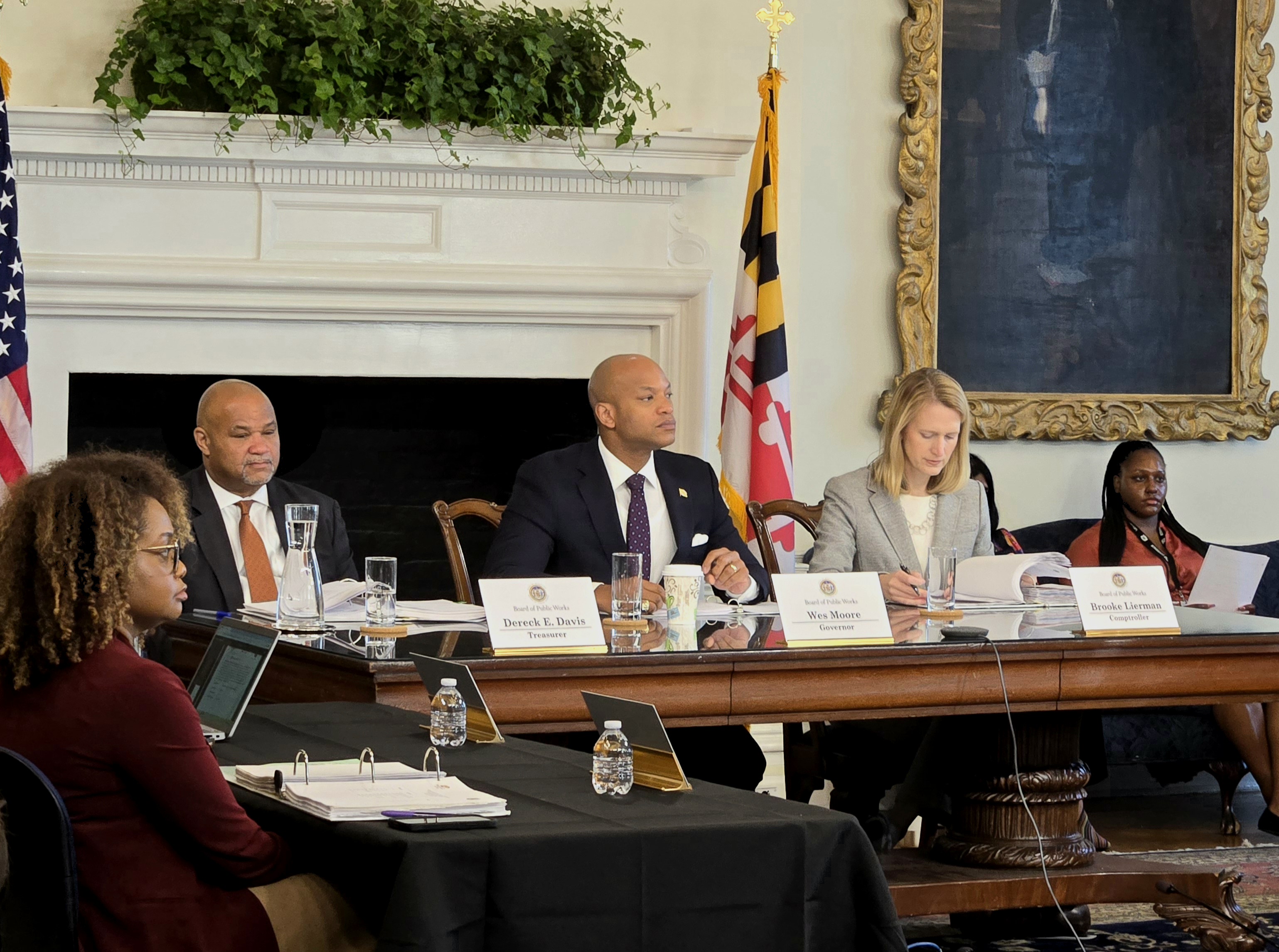Maryland is set to examine their current method of evaluating poverty in schools throughout the next year, potentially opening up a pathway to boost funding for schools with students in need.
A new study is meant to help address the undercounting of poverty in Maryland public schools according to Maryland Comptroller Brooke Lierman. The Board of Public Works approved funding for the study at its Dec. 4 meeting.
“This issue is exacerbated for undocumented students or citizen children of undocumented parents,” Lierman said at that meeting.
The current method of tabulating poverty “really penalizes” schools with large numbers of immigrant students, Lierman said.
The state currently uses proxy measures, such as eligibility for national programs like Medicaid and SNAP, to calculate aid for public schools, according to the proposal for funds from the Department of General Services.
According to the Governor’s Office for Children an accurate count of students in poverty is important to ensure that they get adequate resources. The office also told CNS that the “Blueprint for Maryland’s Future created several new school funding streams that rely on counts of low-income students.”
Schools currently rely on applications for the free and reduced meals program and enrollment in social programs like Medicaid as methods of calculating students in poverty. According to the Governor’s Office for Children, “not all low income families participate in these programs.”
The office also said that “districts that provide free school meals to all students under the federal community eligibility program do not collect that data.”
In the case of immigrant families, some may not qualify or, as the office told CNS, may be hesitant to enroll and reveal their citizenship status.
Other data the state might rely upon is out of date. According to Lierman, the Maryland State Department of Education recently proposed using data from 2013 to calculate school poverty in Baltimore City. Lierman said that many public schools have been shuttered in the city since that data was collected.
“As a Baltimore City Public School mom,” Lierman said, “I’ve got a lot of strong feelings about this.”
The board approved the DGS request for $48,000 monthly for “modeling, analysis and providing a presentation on findings.”
According to the Office for Children, a recommendation based on the results of the study will be made to the Maryland General Assembly by Dec. 1, 2025.

